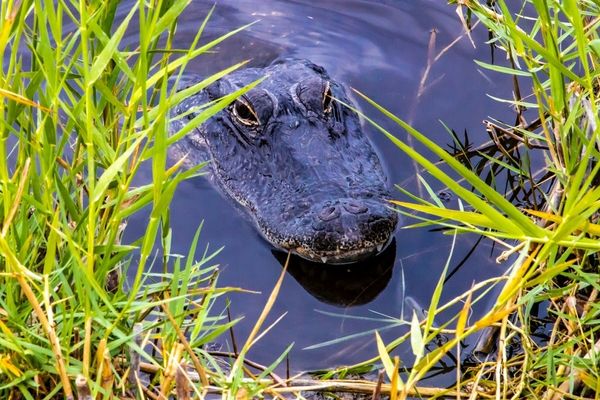
Toxic PFAS “forever chemical” pollution from a Connecticut Kleenex plant has contaminated nearby drinking water, put residents’ health at risk and destroyed their property value, a new federal class-action lawsuit alleges.
The dangerous chemicals are commonly used in paper production, and air emissions from the plant are behind the region’s tainted drinking water wells, the suit charges. The plaintiffs are seeking $5m in damages and health monitoring costs.
“Learning that their drinking water has been contaminated with dangerous levels of PFAS has been stressful … and now that they know they’ve been exposed to PFAS over a long period of time they want to monitor their health,” the plaintiff’s attorney, Ian Sloss, told the Guardian.
In an emailed statement, Kimberly-Clark, Kleenex’s parent company, denied responsibility for the pollution.
PFAS are a class of more than 15,000 compounds typically used across dozens of industries to make products water-, stain- or heat-resistant. They are in everyday consumer products such as stain guards, cookware and waterproof clothing, and are common in industrial manufacturing. The lawsuit is the first case involving facial tissues, though researchers previously found the chemicals in toilet paper.
The compounds are linked to cancer, birth defects, liver disease, thyroid problems, decreased immunity, hormone disruption and a range of other serious health issues. PFAS are dubbed “forever chemicals” because they do not naturally break down, and they also easily move through the environment, often ending up in drinking water.
Kleenex has produced paper goods at the New Milford plant since the 1950s. The facility was once used to manufacture diapers, to which PFAS are sometimes added as a moisture barrier, and it continues to make 1m Kleenex tissue packages daily, the suit states.
PFAS are used as “wetting agents” in the process of turning the pulp wood into paper or tissues, and Kleenex’s manufacturing process causes “substantial “ air emissions, the complaint alleges.
Most scientific research has focused on how PFAS waste is discharged into water, but recent evidence has brought into focus how air emissions contribute significantly to water pollution. PFAS sent into the air later land on the ground or surface water. Because they do not dissolve in water or break down in the environment, they can move through the soil and end up in groundwater, which is then pulled by wells.
In North Carolina, air emissions from a Chemours PFAS manufacturing plant are behind widespread contamination of wells near the plant. Recent testing commissioned by the Guardian showed how Chemours’ air pollution remains at concerning levels despite company claims that it has reined in emissions.
Similarly, emissions from textile manufacturer Saint Gobain’s plant in New Hampshire were found to have contaminated nearby drinking water supplies.
The three lead plaintiffs live within three miles of the plant and 1,000 feet uphill from it, while the properties are not downstream of any water known to be polluted by PFAS. Kleenex’s air emissions are the only reasonable source, Sloss said.
The suit notes a Fullerton, California, Kleenex plant that closed in 2020 was later discovered to have contaminated local drinking water supplies.
State regulatory documents also show Kleenex dumped “short fiber waste” in landfill near the plant. The sludge is “notorious” for high PFAS concentrations, Sloss said, noting the site was near a river and other drinking water sources.
“We believe it’s causing additional contamination in the community,” he said.
A Kleenex spokesperson denied that the company uses PFAS at the plant.
“We strongly believe the allegations made in this lawsuit are entirely unfounded,” he said. “We plan to vigorously defend these claims and will continue to ensure we maintain the trust our consumers and others have in our products and our company.”
However, the company’s restricted chemicals roster only lists PFOA and PFOS, two of about 15,000 types of PFAS compounds that exist. When asked for clarification as to whether the company restricts all PFAS or just the two compounds, the Kleenex spokesperson said, “All I can share with you at this point is the statement we provided.”
Some PFAS turn into PFOA and PFOS once in the environment, meaning Kleenex could still be responsible for the pollution even if it does not use those specific chemicals.
Sloss noted PFAS do not fully break down in the environment and the company’s statement “does not at all address the allegations of historical use”.
The suit also points out that Kimberly-Clark acknowledges it may not add PFAS to its products, but its suppliers may. PFAS are used as lubricants or processing aids in manufacturing, which could be a source in the plant.
“We cannot always eliminate unavoidable traces of compounds that can originate from a variety of sources such as the manufacturing process or simply from the environment,” the company’s chemical policy states.
Regardless of where the pollution may be coming from in the plant, the plaintiffs are “doing a public good by shining light on the situation”, Sloss said.







